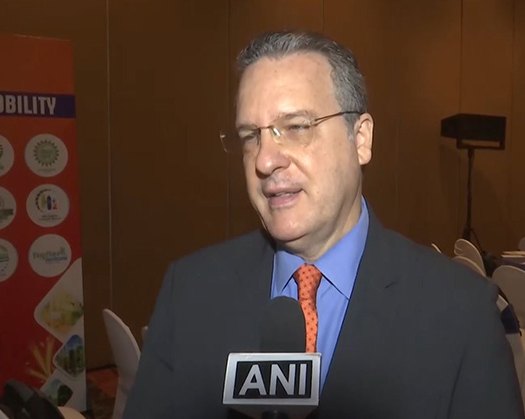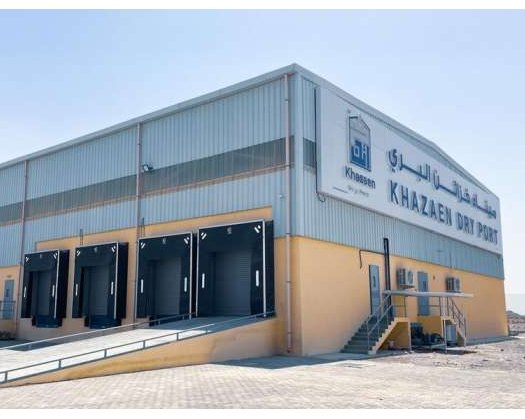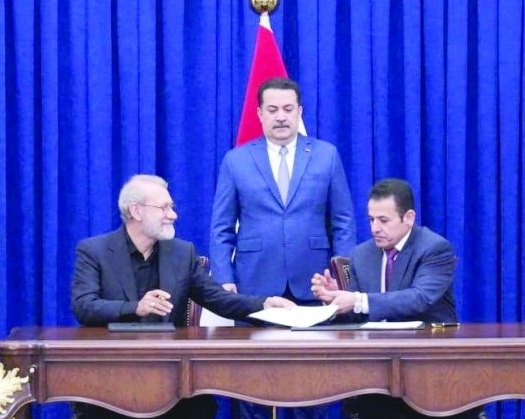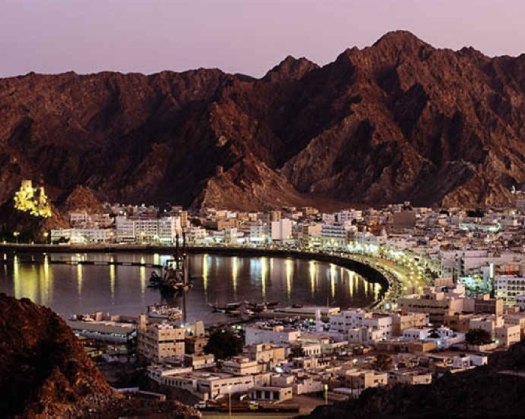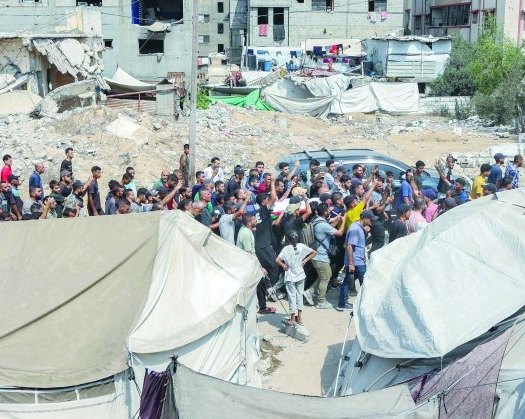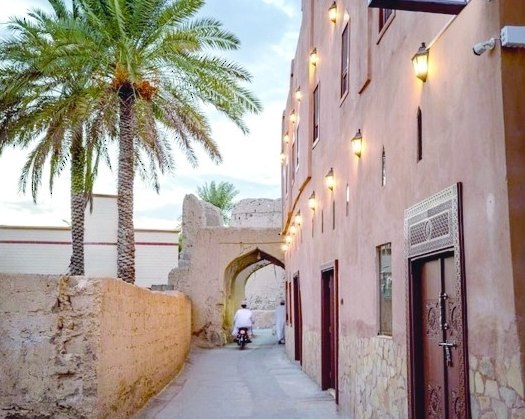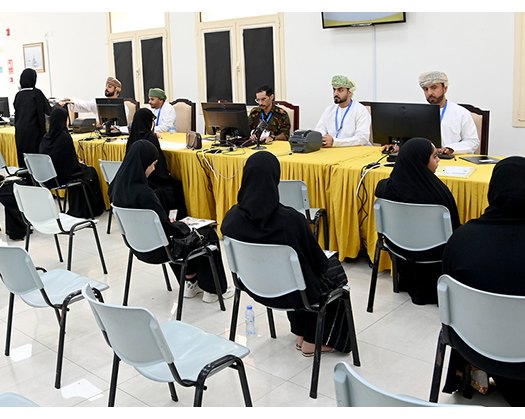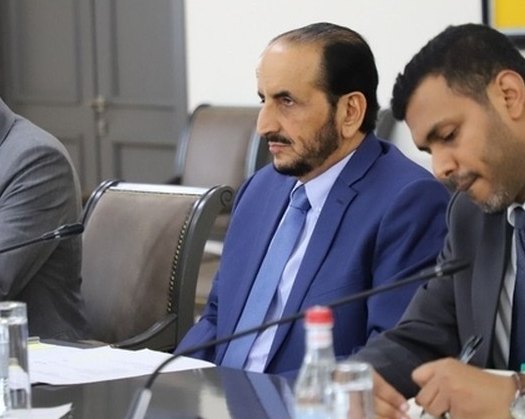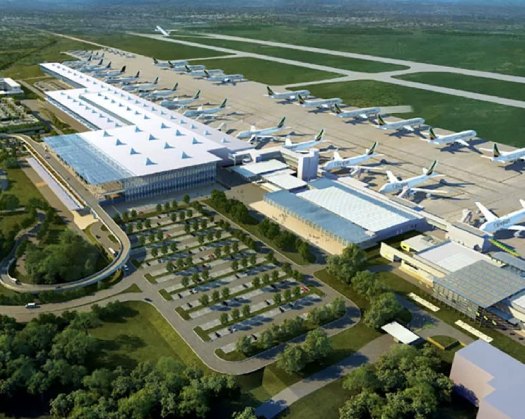New Delhi: Brazil's Ambassador to India, Kenneth Felix Haczynski, remarked on Monday that they consider the US administration's duties as a challenge, but also as an opportunity to explore for reliable partners to conduct more business.
We confront the burden of unreasonable high tariffs. The Brazilian ambassador told ANI that we view the tariffs imposed on our country as a challenge, but also as an opportunity to seek for trustworthy partners and expand our business.
When questioned about how they would cope with Trump tariffs, the envoy stated that Brazil is willing to discuss agreements, but within the bounds of its sovereignty.
Both Brazil and India are subjected to 50% duties by President Donald Trump's government.
The Brazilian ambassador also stated that the recent telephonic chat between Prime Minister Narendra Modi and President Luiz Inacio Lula da Silva was productive.
I believe it was a really, really fruitful discussion, since the emphasis was on our trusted collaborations. We have a long-standing connection and are exploring ways to collaborate more, the envoy told us.
On August 7, 2025, Prime Minister Modi had a phone conversation with the President of Brazil.
The Prime Minister reflected on his trip to Brazil last month, during which the two leaders agreed on a plan to increase collaboration in commerce, technology, energy, defense, agriculture, health, and people-to-people connections. Following these discussions, they reaffirmed their commitment to elevate the India-Brazil Strategic Partnership to new heights.
The two officials addressed a variety of regional and global topics of shared concern. Both leaders decided to keep in touch.
Meanwhile, India and the United States have been discussing an interim trade agreement for the last several months, but India had some worries about the US request for the opening up of the agricultural and dairy industries to the United States. Agriculture and dairy are essential for India since these two industries offer means of living for a substantial part of the population.
President Trump announced the implementation of a 50 percent tariff on Indian imports, despite expectations for an interim India-US trade deal that might have prevented excessive tariffs.
In March of this year, India and the US started discussions for a fair, balanced, and mutually beneficial Bilateral Trade Agreement (BTA), with the goal of completing the first phase of the Agreement by October-November 2025.
On April 2, 2025, President Trump signed an executive order imposing reciprocal tariffs on several commercial partners, with rates ranging from 10-50%.
He then suspended the tariffs for 90 days, while levying a 10% standard charge. The deadline was scheduled to expire on July 9, but the US government eventually moved it to August 1.
US President Donald Trump has placed reciprocal tariffs on dozens of nations with which the United States has a trade deficit. Since beginning his second term, President Trump has reiterated his support for tariff reciprocity, stating that the United States will match tariffs imposed by other countries, including India, to promote fair trade.

